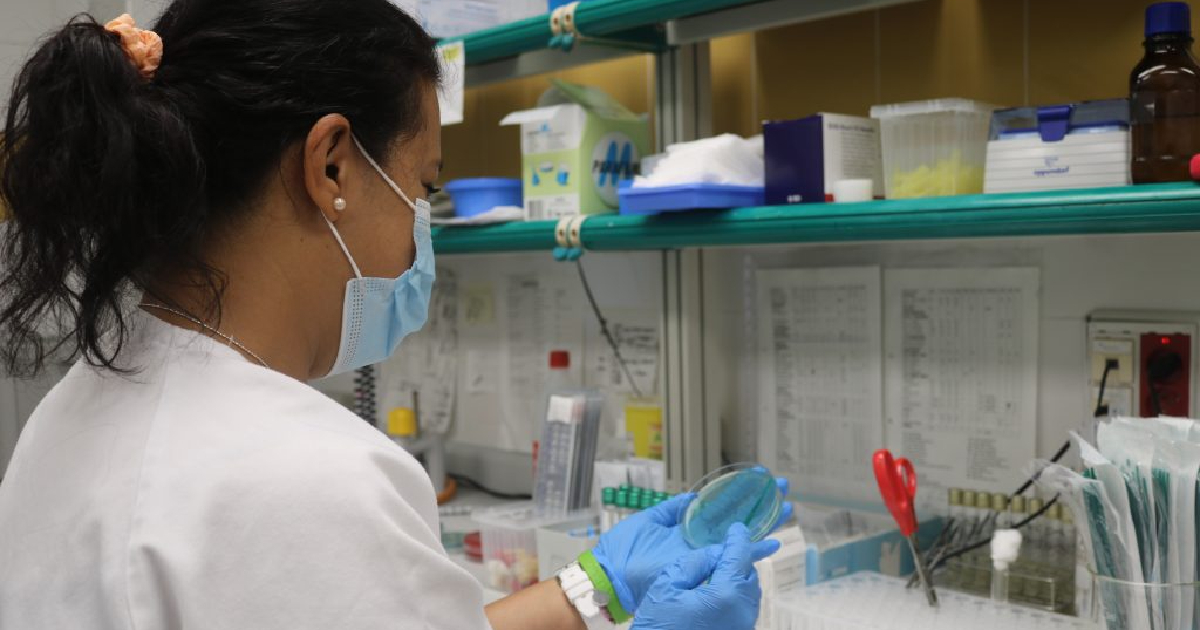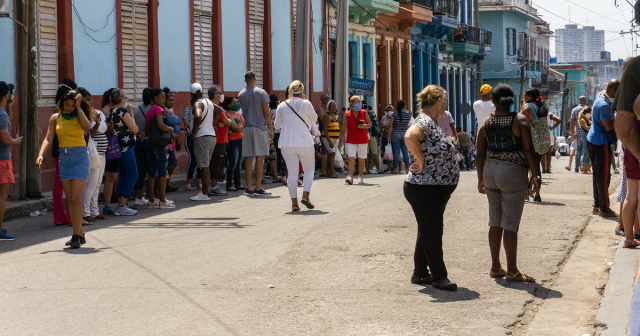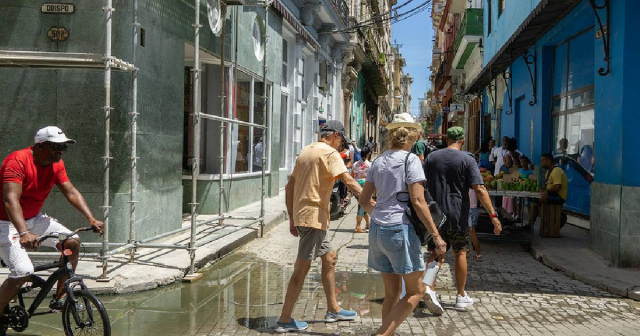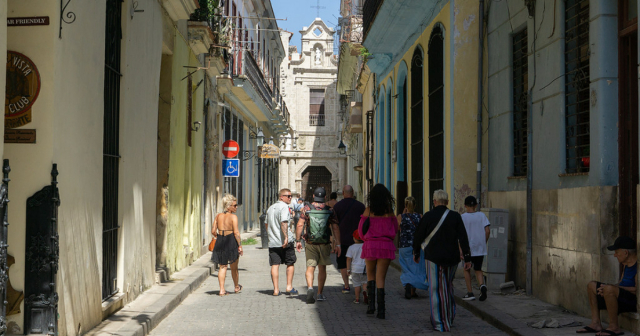
The General Directorate of Public Health of the Canary Islands, Spain, reported this Tuesday the first imported case of the Oropouche virus: a 49-year-old resident who showed symptoms compatible with this infection after returning from a trip to Cuba.
The entity reported on social media X that the patient showed symptoms such as fever, diarrhea, and joint pain, so they were examined in Primary Care and subsequently referred to the Insular-Materno Infantil University Hospital Complex.
The samples taken were sent to the National Center for Microbiology, which confirmed the presence of the Oropouche virus. The initial tests conducted in the Canary Islands for dengue, zika, and chikungunya were negative.
The patient has progressed positively with the prescribed medication and has not required hospitalization. Currently, they are under home epidemiological monitoring, reported El Diario.
This is the first case of the Oropouche virus detected in the Canary Islands, although there have been reported cases in other autonomous communities of Spain, such as Galicia, Andalucía, the Basque Country, and Madrid, all in people who had also recently traveled to Cuba.
The Oropouche virus, identified for the first time in 1955 in Trinidad, is transmitted by mosquitoes of the genus Culex, which are not present in Europe.
The symptoms of the infection include vomiting, nausea, fever, headache, and diarrhea, with a usual duration of five to seven days. In very rare cases, the disease can lead to aseptic meningitis.
To date, more than 7,700 cases have been reported in Latin American countries such as Brazil, Bolivia, Peru, Cuba, Colombia, and Brazil, where deaths have been reported due to this cause.
The Pan American Health Organization (PAHO) and the World Health Organization (WHO) issued an epidemiological alert on August 1, urging countries to strengthen surveillance and improve diagnosis to control the spread of the virus.
What do you think?
COMMENTFiled under:






